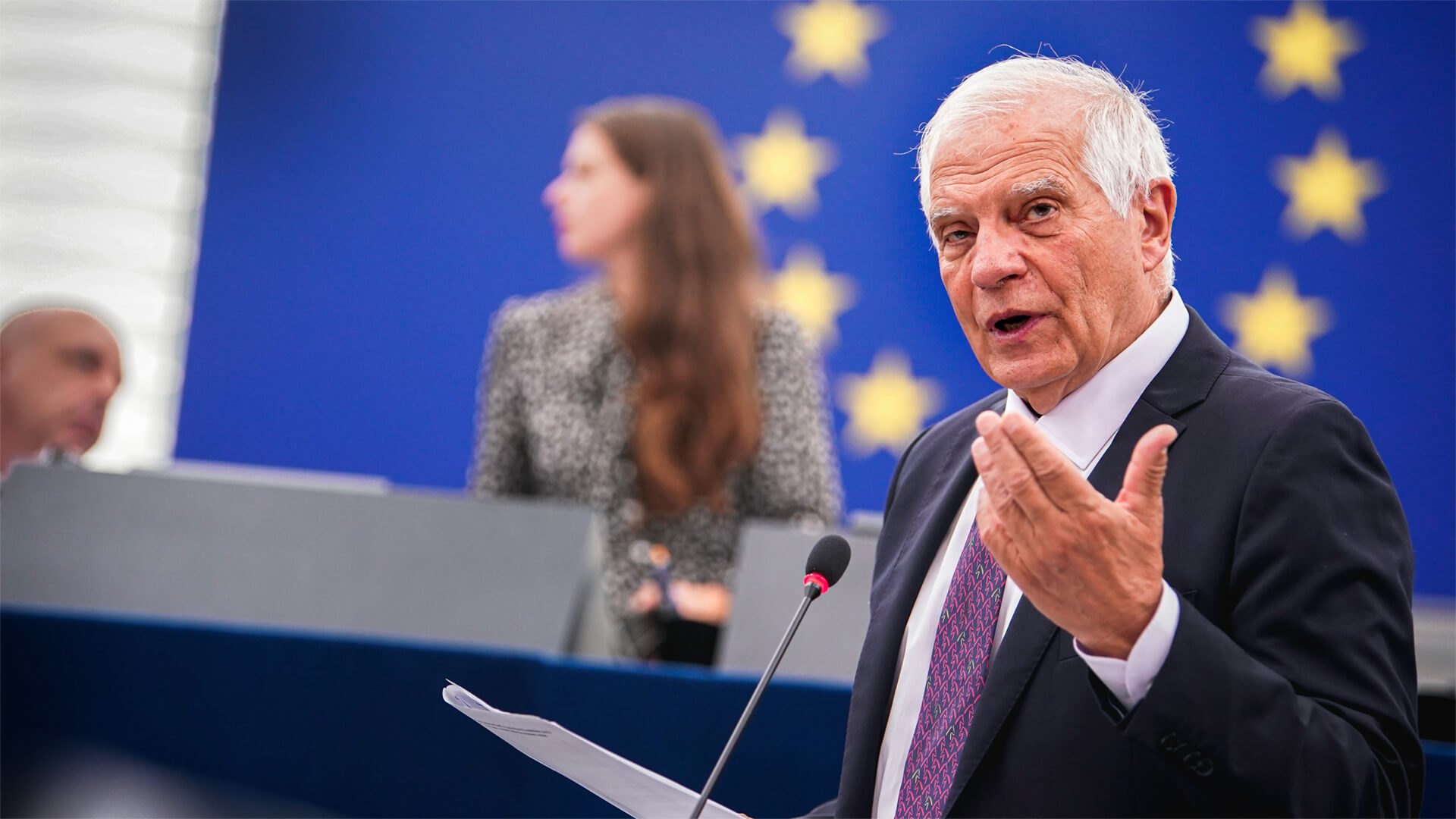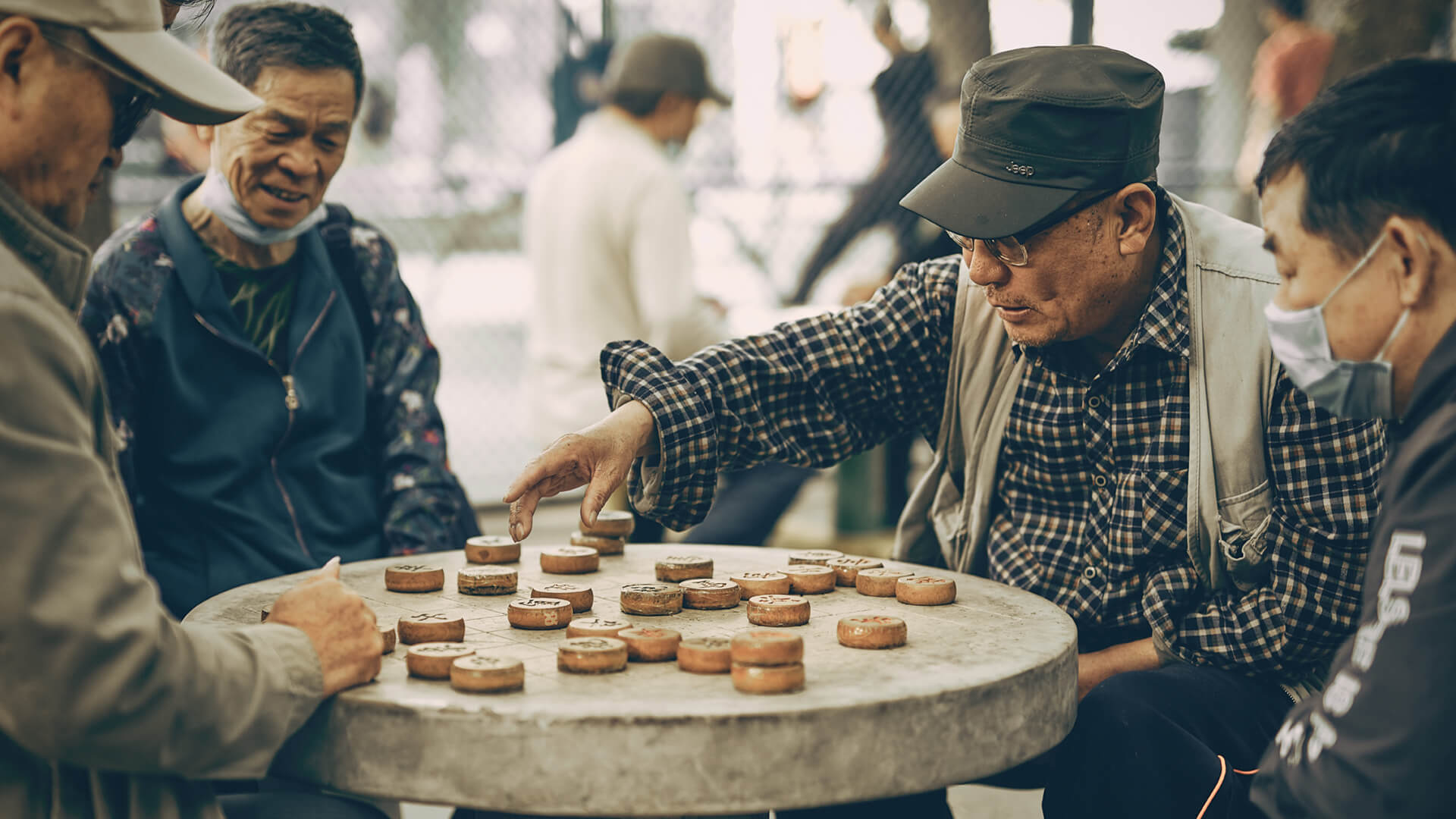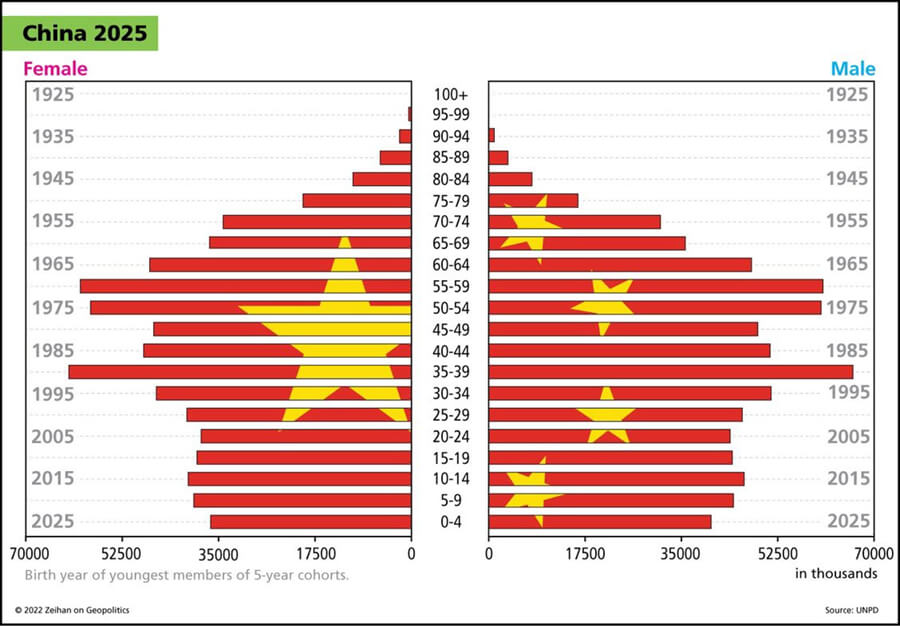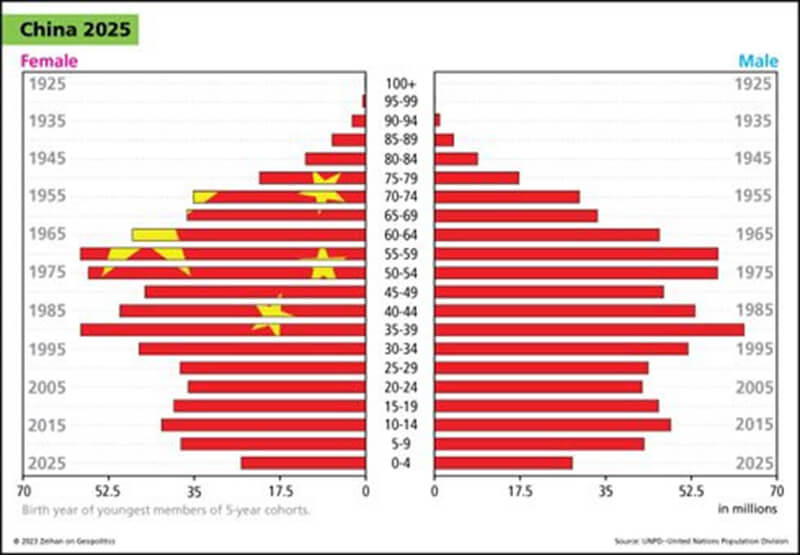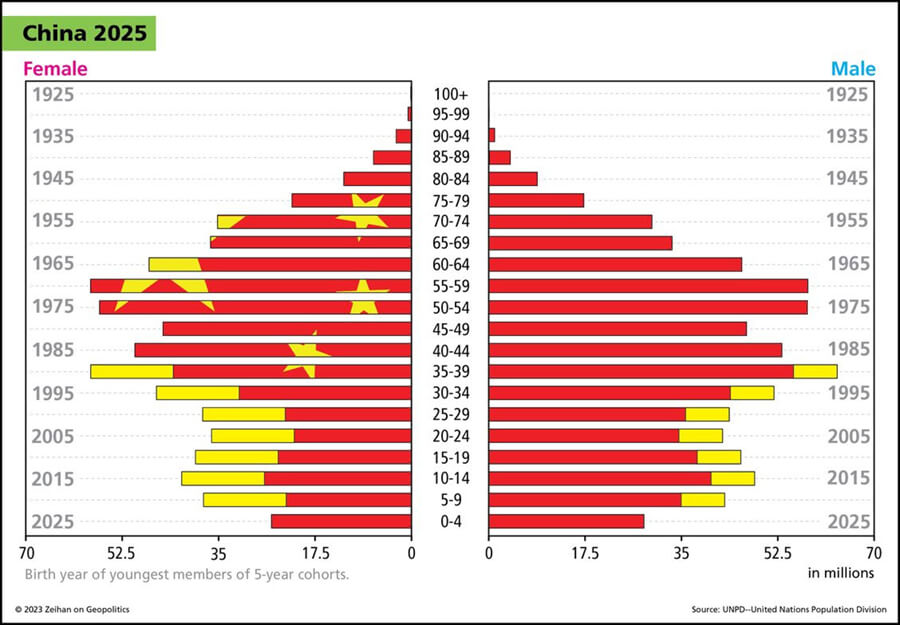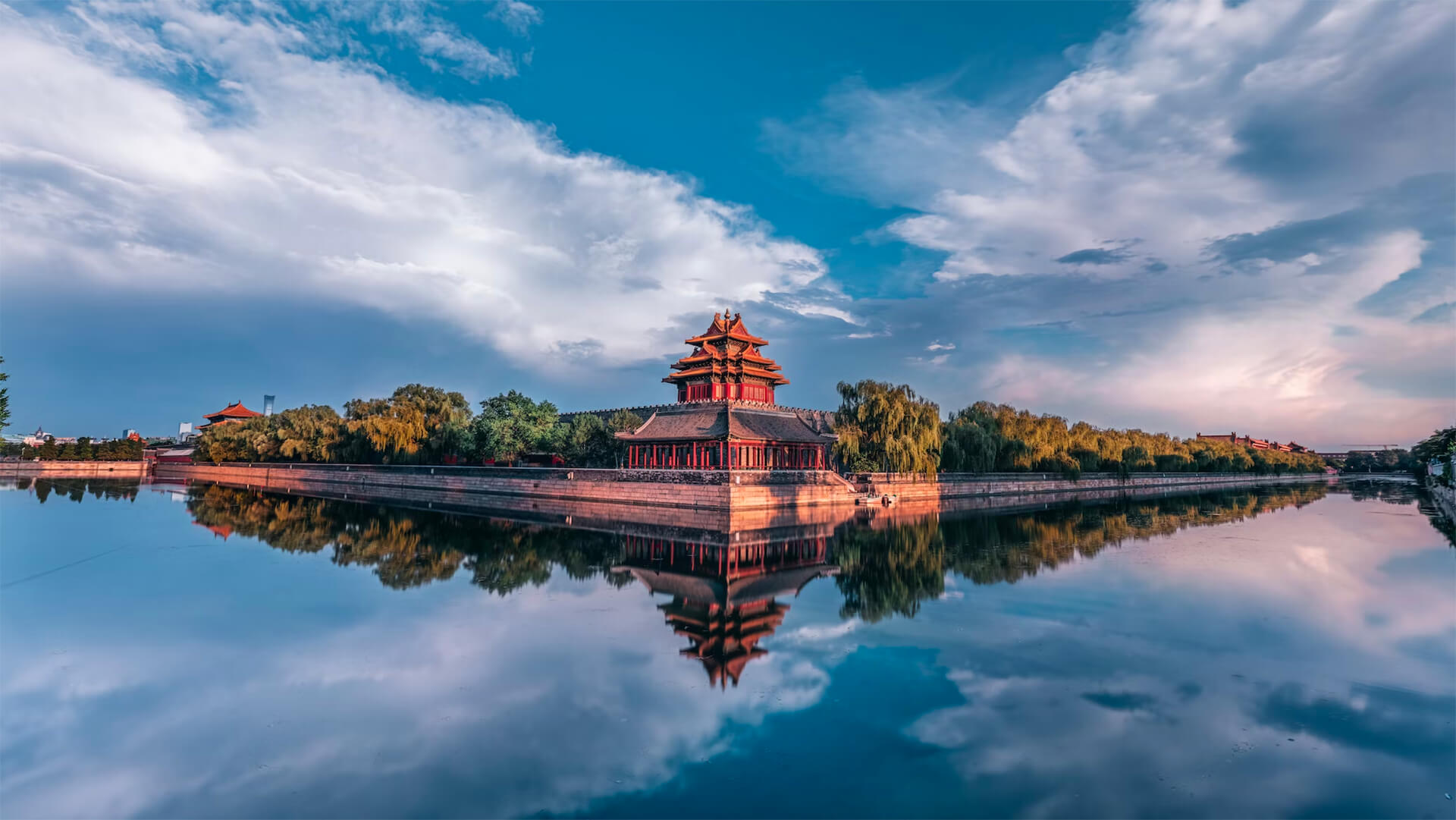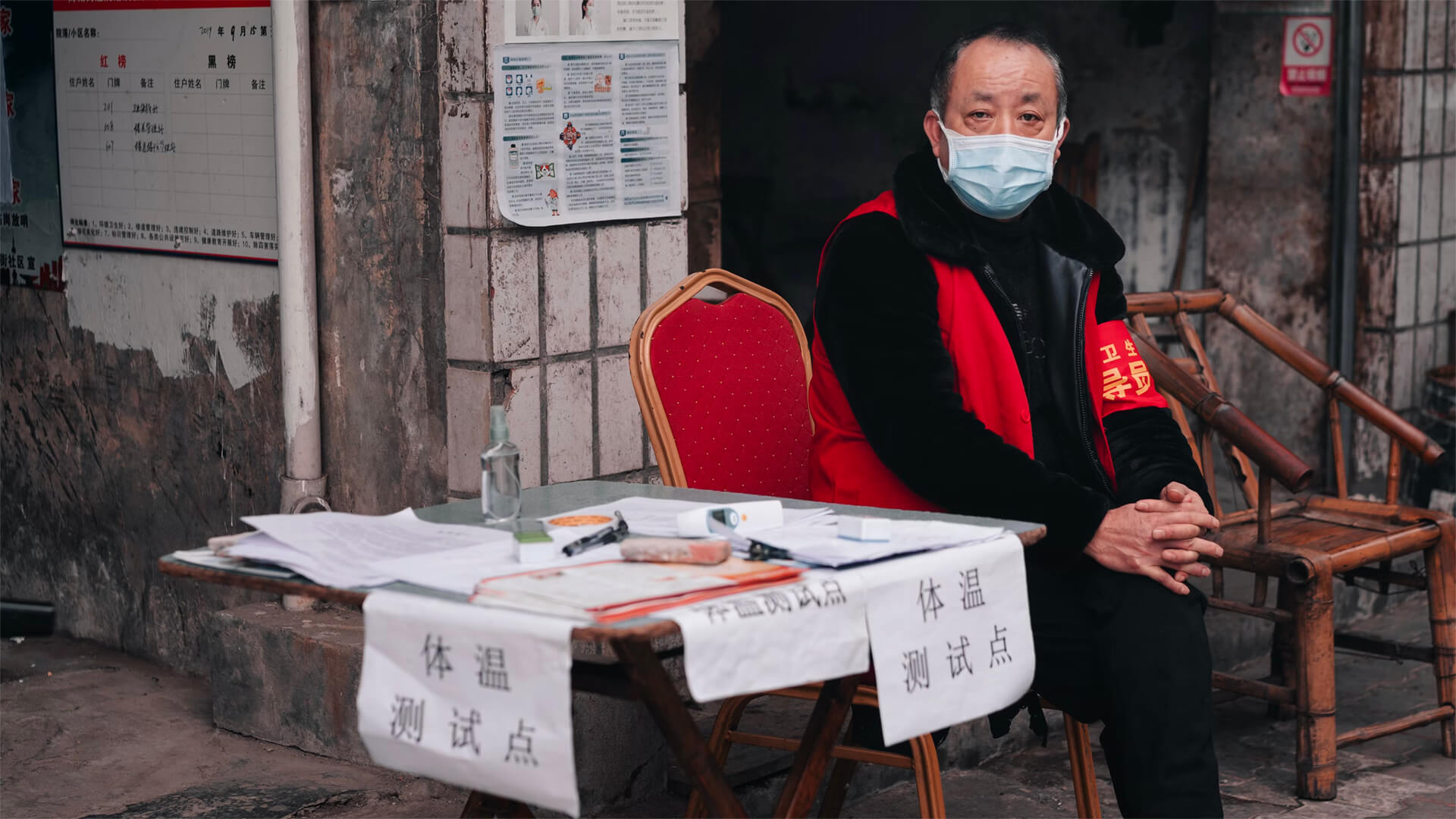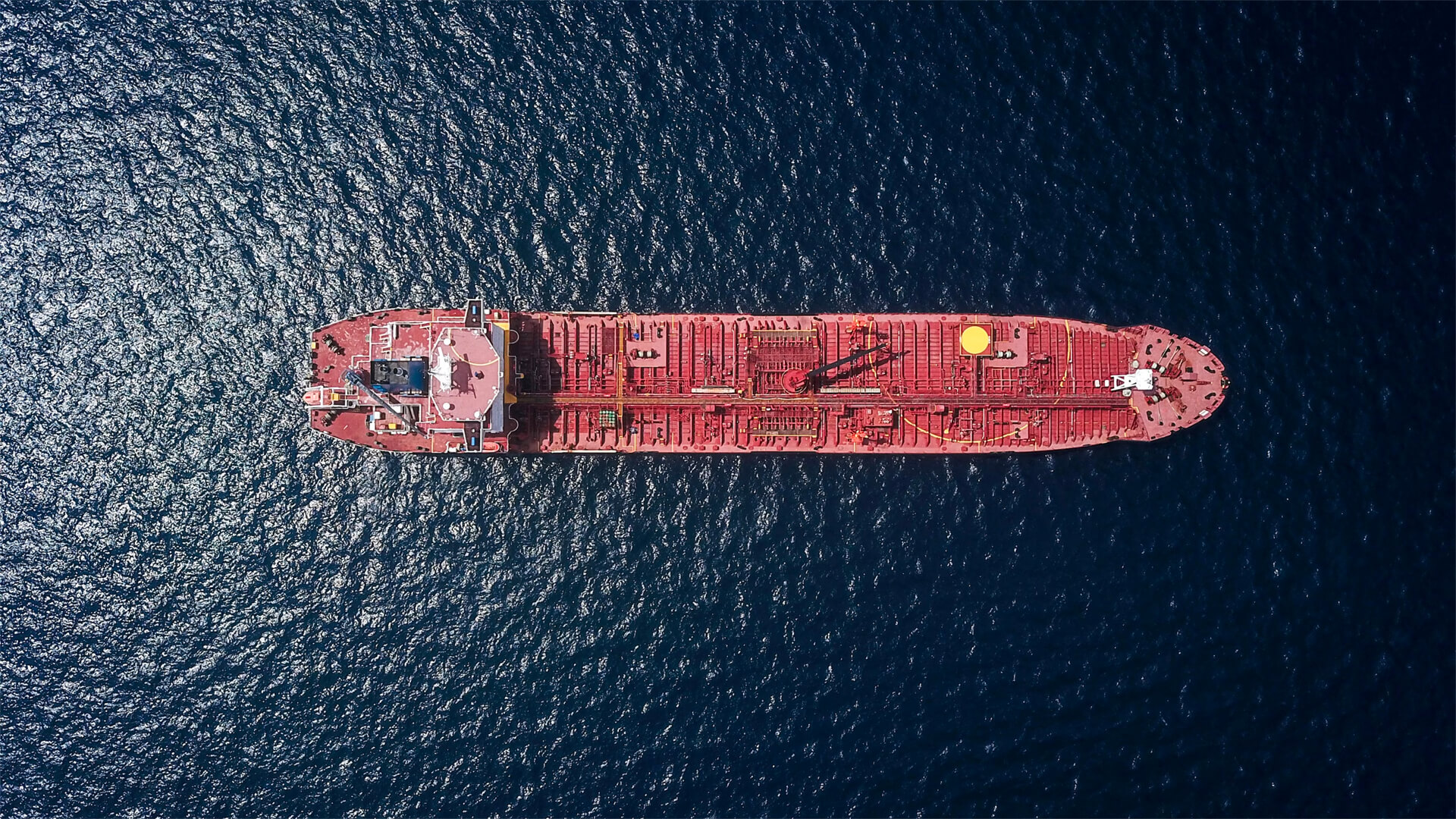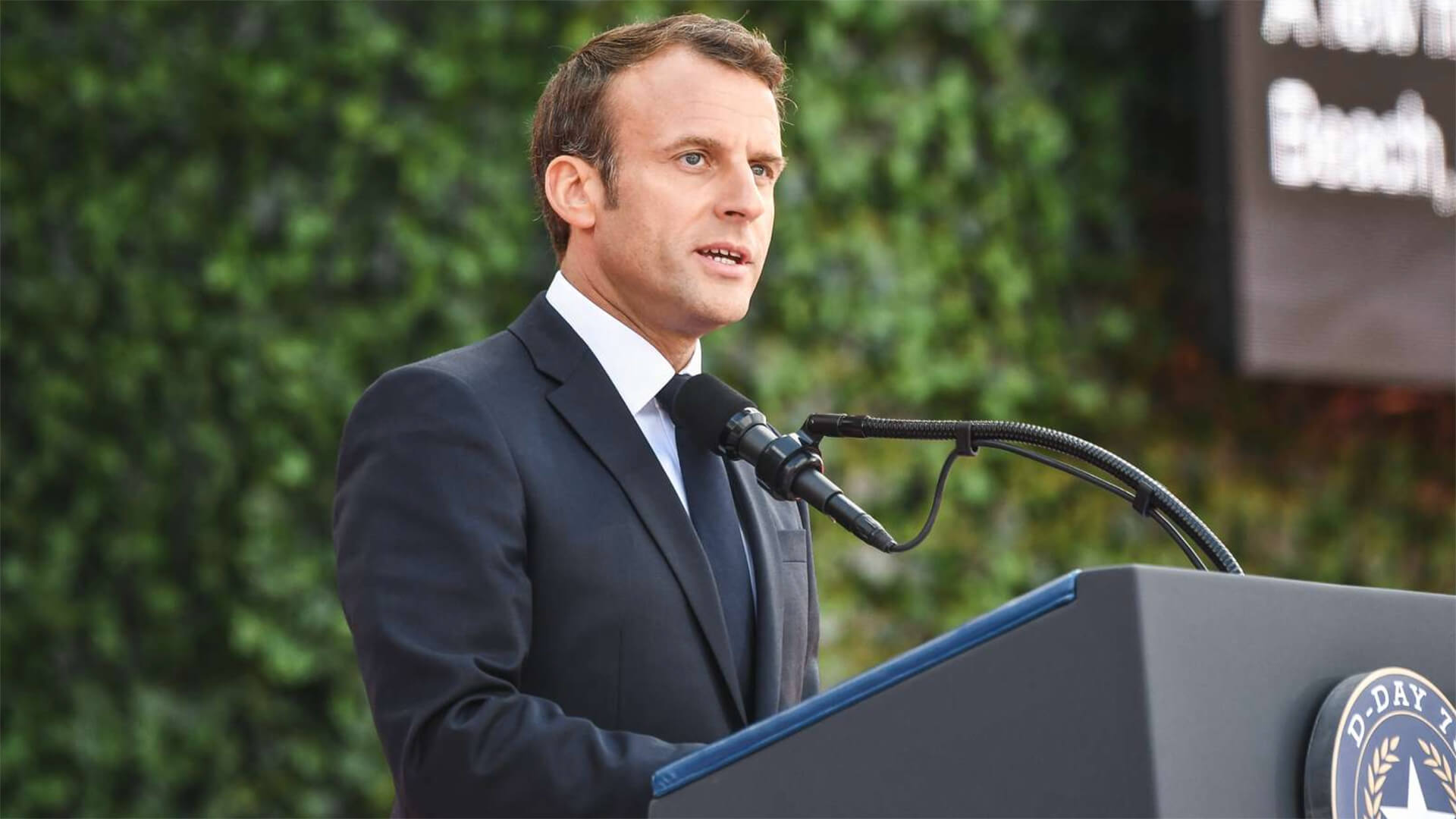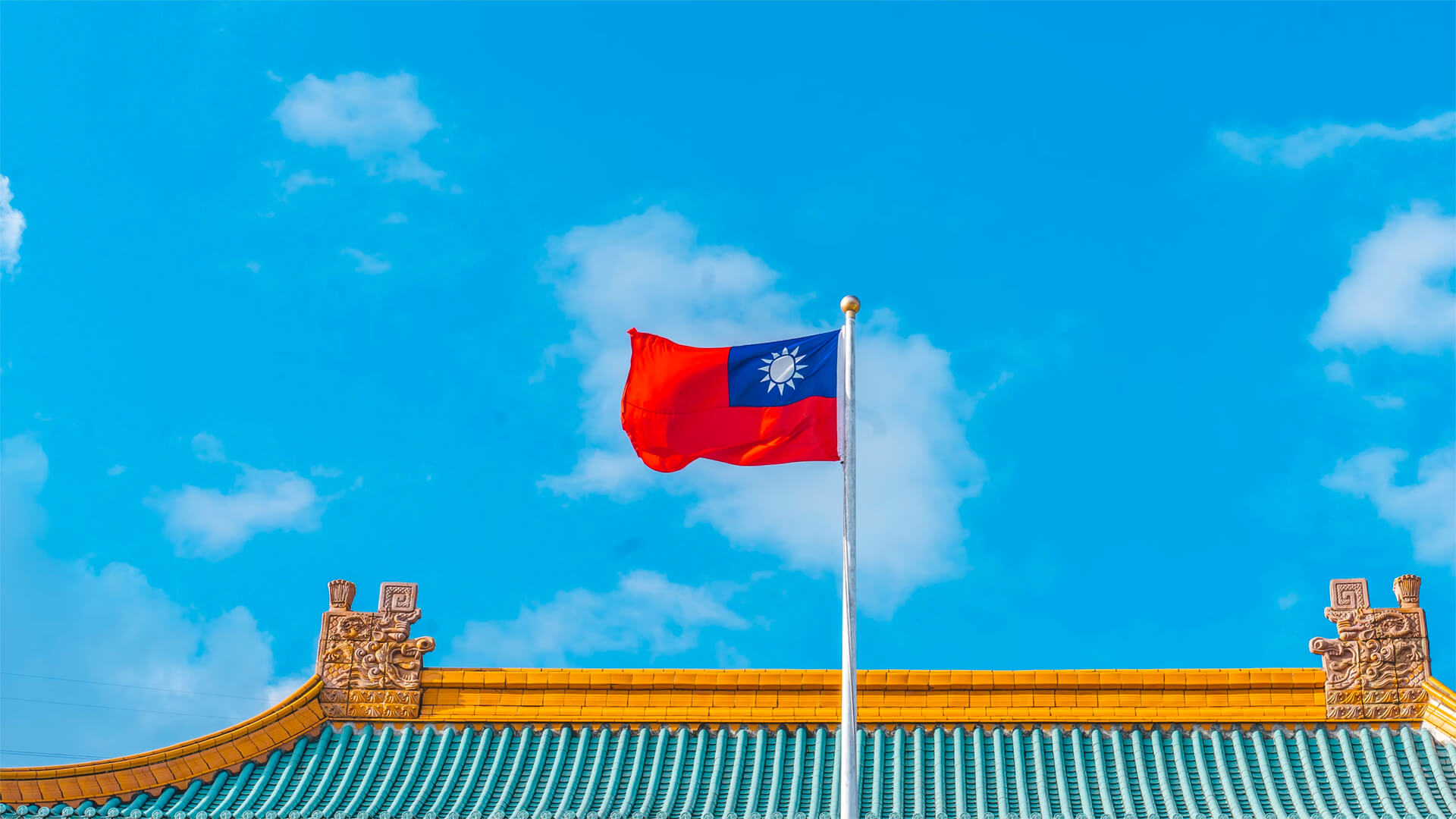The news of the day is that the Chinese have canceled their upcoming summit with EU foreign minister Borrell. You all know I’m less than pessimistic about China’s leadership as of late, and this is just icing on the cake…we’ll talk about the cherry on top tomorrow.
As most countries have discovered over the past few years, reading China is incredibly difficult from the outside. The US got a pulse check on Xi and his government when Secretary Blinken visited a few weeks back. Unfortunately, the EU won’t be getting a behind-the-scenes look.
This summit was an attempt by the Europeans to rework their relationship with the Chinese, but Xi’s cult of personality makes navigating that conversation nearly impossible…especially with how many layers make up the European bureaucratic system.
Regardless of the EU’s goal with this summit, no meaningful conversation would be had. So given a choice between a wall of hostility or canceling the meeting…cancelation was probably the best option.
Prefer to read the transcript of the video? Click here
Here at Zeihan On Geopolitics we select a single charity to sponsor. We have two criteria:
First, we look across the world and use our skill sets to identify where the needs are most acute. Second, we look for an institution with preexisting networks for both materials gathering and aid distribution. That way we know every cent of our donation is not simply going directly to where help is needed most, but our donations serve as a force multiplier for a system already in existence. Then we give what we can.
Today, our chosen charity is a group called Medshare, which provides emergency medical services to communities in need, with a very heavy emphasis on locations facing acute crises. Medshare operates right in the thick of it. Until future notice, every cent we earn from every book we sell in every format through every retailer is going to Medshare’s Ukraine fund.
And then there’s you.
Our newsletters and videologues are not only free, they will always be free. We also will never share your contact information with anyone. All we ask is that if you find one of our releases in any way useful, that you make a donation to Medshare. Over one third of Ukraine’s pre-war population has either been forced from their homes, kidnapped and shipped to Russia, or is trying to survive in occupied lands. This is our way to help who we can. Please, join us.
CLICK HERE TO SUPPORT MEDSHARE’S UKRAINE FUND
CLICK HERE TO SUPPORT MEDSHARE’S EFFORTS GLOBALLY
TRANSCIPT
Hey, everybody. Peter Zeihan here. Coming to you from a place in Colorado that it doesn’t really matter where I am because you can’t see the damn thing anyway. Today is the 5th of July, and within the last few hours the Chinese have flat out canceled the upcoming summit with the EU Foreign Minister Borrell. For those of you who have been following me for a while, you know that I’m not very impressed by the quality of China’s leadership of late Chairman Xi Jinping has established such a cult of personality that no one will bring him any information.
He’s shot the messenger so many times and purged the system so thoroughly that anyone across the entire country who is capable of independent thought and is willing to share independent thoughts is dead, imprisoned, exiled or worse. And as a result, the government has become a one man show. If she doesn’t say that it’s going to happen, it doesn’t happen.
And that means whenever there’s any sort of adjustment that is necessary for the ship of state at any level, everything gets frozen, either in a cult of personality where it just becomes this apologetic, scream of blind, idiotic Chinese nationalism or things just don’t happen at all. And that’s exactly what’s happening with the EU summit. And I think the best way to compare this is to what happened to the Blinken summit.
Now Tony Blinken is the American secretary of state and a couple of weeks back he went to China and it was the first meeting of anyone of substance in the United States with anyone of substance in the Chinese system. Since before COVID, the Chinese have been in lockdown for most of that time. And during that time, he completed his cult of personality and his purges and removed everyone who’s capable within the entire system.
So it was really hard for the United States to get any sort of read on what was actually going on in the country, because no one in China would say anything, because no one in China knew anything or had any instructions. So it was worth Blinken going to China just to kind of take the temperature of the regime and reading the tea leaves.
And from what I’ve heard from folks in Washington, what happened was just there’s a complete stall in government policymaking right up to and including the foreign minister. And knowing that is really useful for the United States if China is completely incapable of governance, then you should expect to see a mounting series of ever more serious foreign policy and internal policy disruptions, mistakes and collapses.
We’re seeing some of that. We’ll talk about another one of those with the next video as regards to economic issues. But back to the Europeans, the Europeans are in the process of trying to rejigger the relationship with China and they’re trying to find a third way. The first way is what they’ve been doing so far, where they just kind of roll over, let the Chinese do whatever they want.
The second one is the more American style, which is a little bit more in-your-face and more direct and confrontational, but trying to find something in the middle and it’s not clear that there is a path there. But, you know, the European thing is to try for a third way on everything anyway. Now Borrell, like the European Foreign Minister, doesn’t go anywhere alone.
There is a number of representatives of the Commission, there’s representatives of the national government. There’s a small fleet of bureaucrats. One of the things that most foreign powers find really problematic and frustrated about the Europeans is everything is about the EU bureaucracy and going through layers of approval that involves the French and the Germans and everybody else, and that’s before independent countries put intelligence agents as part of the delegation, especially in the case of Germany and France and Sweden and the Netherlands and Denmark and Romania and Belgium.
And I’m sure forgetting a few of the high points that Europeans are pretty good at this. But mostly you’re talking about a small army of bureaucrats there to renegotiate every possible bit of minutia that makes up the relationship. This is what makes Europe go, the bureaucratic minutia that allows them to kind of act as a sovereign country, like a single country, but mostly is about creating a web work of relationships and inter linking bureaucratic regulations in order to stabilize the relationship.
If you’re not European, this is frustrating as hell. If you are European, this is how we make the system work. And there is nothing about that system that works with a cult of personality where only one person can make the decisions. So regardless of what the goal of the Europeans was here, there was no way that the Chinese system was capable of engaging with Europe competently, because there’s no way that one person could manage this sort of interaction.
And in the case of the Europeans, they were going to bring everything into. The case of the Chinese, they could negotiate nothing, too. So the Chinese were left with a very simple choice face. The Europeans with an American style wall of just hostility or cancel the meeting. And so they canceled the meeting, and that’s probably never going to have another one again, because for the Europeans, this is how they normally operate.
And for the Chinese, they are now completely capable of carrying out complex negotiations of any sort. And as long as that is the case, there’s no point in meeting in the first place. So we’ll be up to the Europeans, either talking with the Americans or other foreign powers or among themselves to figure out what happens to the bilateral relationship with the Chinese when the Chinese are not capable of engaging at all.
That’s going to be a topic for another day. But anyway, next topic we’ll talk about some of the economic things that the Chinese are doing in this mood of a cult of personality. All right. But.

